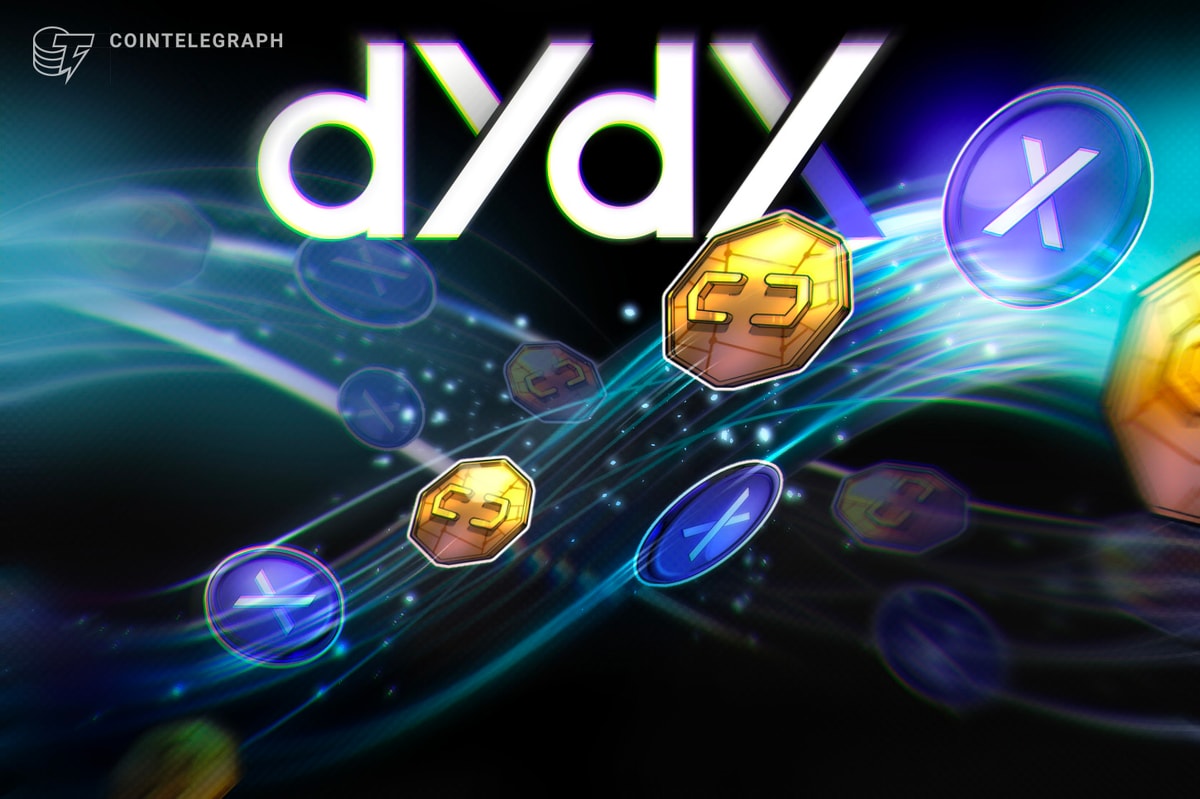There have been a plethora of ICOs on the market over the past months, as the popularity of the crowdfunding mechanism increases.
VCs jump the bandwagon
The feeling that ICOs will someday put traditional VC funding out of business as companies can reach out to investors directly has led to some VC companies to seek funding in their own ICO.
The recent announcement by Homebrew, the startup VC firm founded by former Google and Twitter executives, is not surprising, given the company’s penchant for investing in fintech type small businesses (like Shyp and Skimm). Partner and co-founder Satya Patel said,
“We’re going to raise our next fund using an ICO, how about that.”
After the statement, however, Patel retreated on the certainty he had offered, only commenting that the possibility was discussed among board members and partners.
The idea of VC companies raising capital via an ICO is not new. Blockchain Capital managed a $10 mln ICO in April as well.
Bridge to the US
July 4 will see the start of a new ICO dedicated to bridging the gap between the tech pool in Eastern Europe and US companies. The ICO, called Starta, is promising to utilize business and language connections to “empower Eastern European frontier technology companies through exposing them to the US market. The program aims at customizing adapting Eastern Europeans to cultural and business environment in the US, and it promises them to “complete and define product/market fit, get traction and become part of the local startup and investing ecosystem in the US.”
The Starta tokens will be released on the Waves Blockchain platform, a vehicle for issuing digital tokens to the marketplace.
The company promises to acquire talented companies in Eastern Europe, and bridge the entry gap into the US markets for different technologies via language and accent training (‘acceleration’ according to the Starta website).
Starta will derive profits from the companies who succeed in American sales via ownership stake.
Ethereum-based invoicing
Another month-long ICO is starting now, Hive (HVE), is dedicated to business invoicing systems on the Ethereum Blockchain using smart contracts.
Hive is designed to help businesses with factoring - borrowing from lenders based on the receivables, usually as a percentage of the receivables. When the invoiced amount is paid, the lender receives the percentage back, plus interest. The company can then receive funds more rapidly than the average 60-90 day turnaround time for invoicing, helping with cash flow issues.
Blockchain technology can automate this process by fingerprinting each invoice, making it simple for a lender to vet the receivables. It can also link each invoice via smart contract, eliminating the risk of duplicate lending on a single invoice and ensuring lender confidence. Invoicing is a $3 tln industry worldwide.











